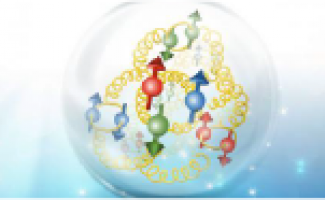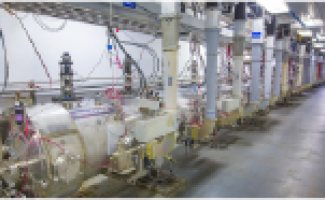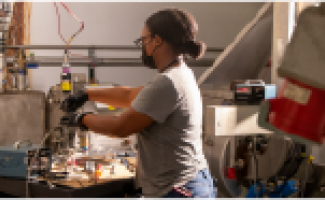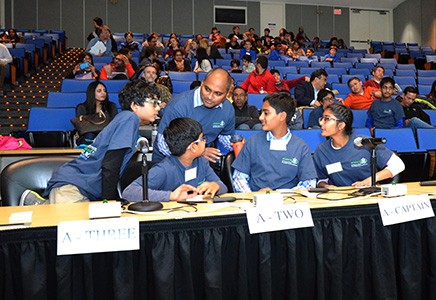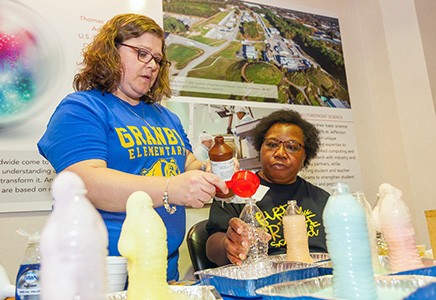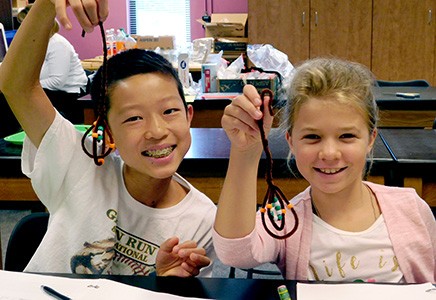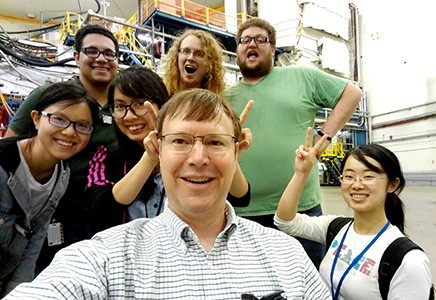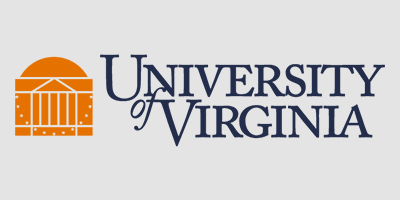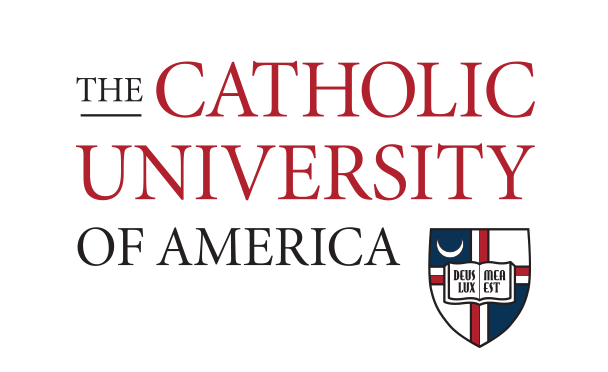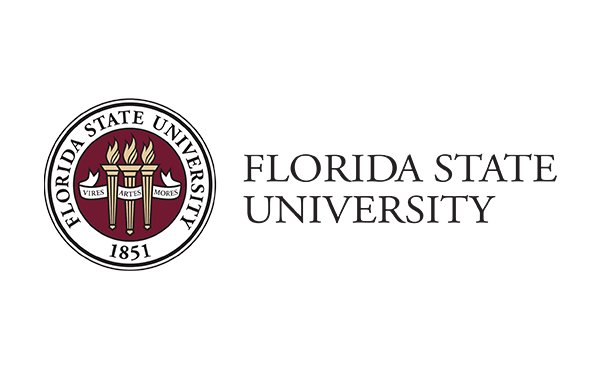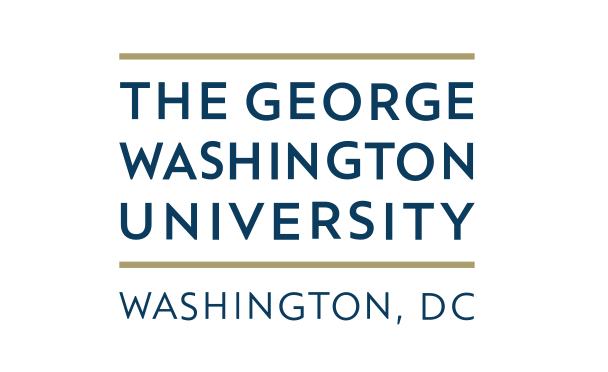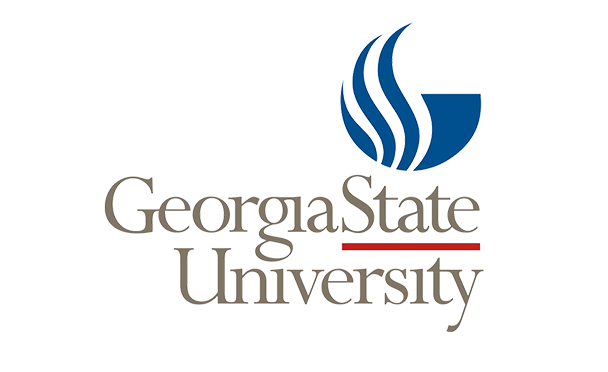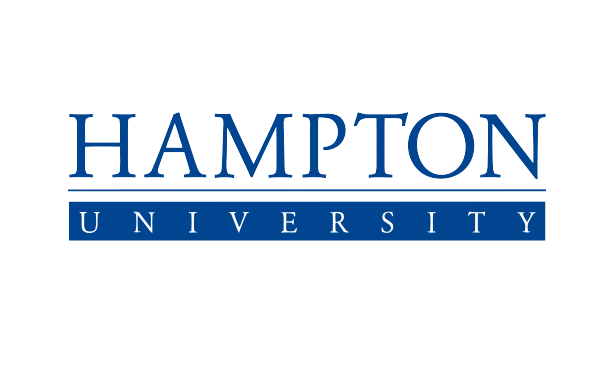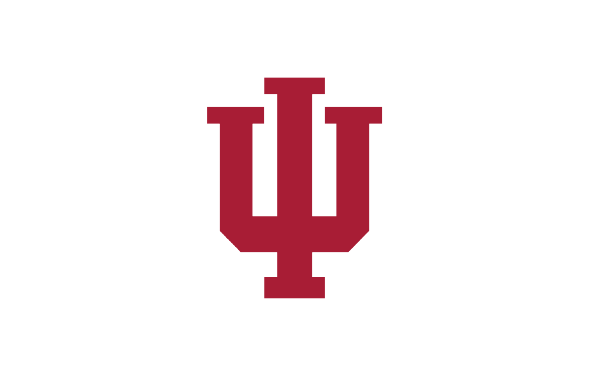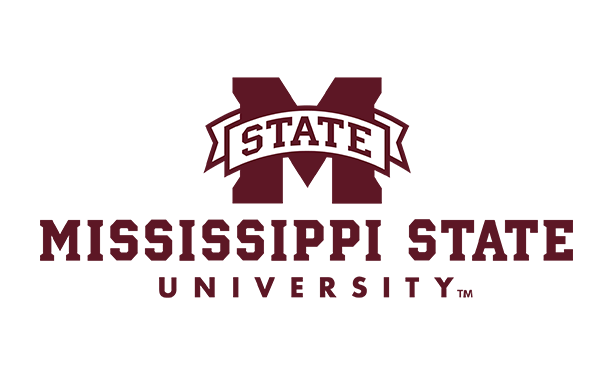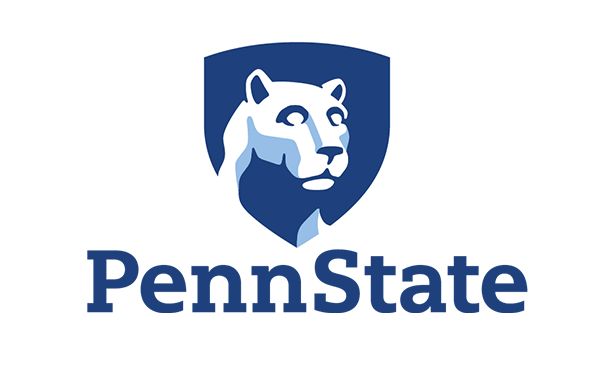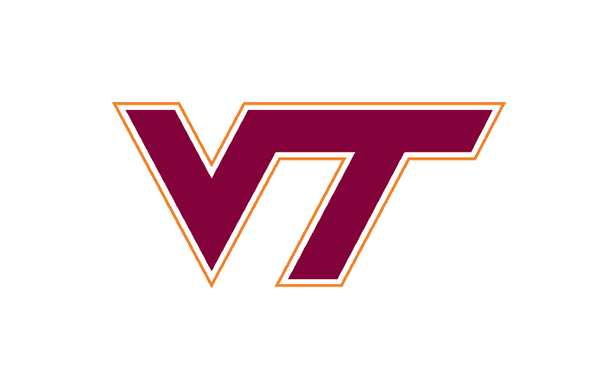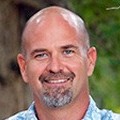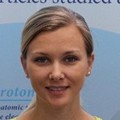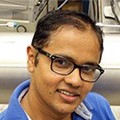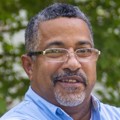From organizing stages and stanzas to publishing agendas and books, poet/admin uses gift of the pen
Stephanie Tysor has a special connection with pen and paper; they are always within arm’s reach. As the new division administrator of the Experimental Nuclear Physics Division, Tysor needs to be prepared to edit her task list and jot notes for the many meetings, connections and events she supports.
“I train the Physics admins and support the head of the physics division as her interface with her team,” she summarizes. “For example, in our workshops, titles of talks change quickly. I have to be able to jump into our agenda software and make last-minute changes, while at the same time, I may have to work with other departments to make sure catering and hotel rooms are all taken care of.”
Tysor says she is also always ready to jump in to support members of her division as needed. From one day to the next, she never knows when her organizational expertise and problem-solving skills will be needed.
“Maybe one of our physicists is traveling, and a flight gets cancelled. I might need to help rebook it or find a solution,” she says. “I’m like an air traffic controller for the physics department. I have to be focused and organized.”
There’s another reason Tysor stays in constant contact with her tools of the trade: She is a published poet who relies on pen and paper to provide boundaries for herself to steady the stream of creative inspiration that comes to her throughout the day.
“I use my journal to help me compartmentalize,” she explains. “I can focus in on my job and be completely focused on my job, and if anything pops up or someone makes a comment to me that inspires me creatively, I just jot a phrase or a couple of words down. I will return to that once I get off of work—and I have a slew of things to revisit from each day.”
Making order of her notes
Tysor has been refining her notation methods since she began journaling in middle school. Now, having been at the lab since 2007, she has accumulated shelves full of creative output, including “Love’s Seasons,” a book of poetry she co-authored with a childhood friend and poet Tremayne Moore.
As Tysor makes notations in her journal, she uses a code to categorize the type of thought and corresponding action she plans to take with it.
“If I circled a thought, I know I immediately want to return to it,” she explains. “If it has a star next to it, I know I had a train of thought and wanted to delve more into it, but I’m not sure where I wanted to go.”
Unlike her Jefferson Lab portfolio of work, Tysor admits that her journals come across as “messy.”
“I have an instinct to organize, but my journal is cluttered. If anyone else looked at it, they would think it’s messy,” she laughs. “Some pages are bulleted and nice and concise, and some pages have writing in the margins and circles and stars. It’s chaotic organization, and I’m the only one who would understand it.”
With the same feverish energy she puts into her journaling and poetry, Tysor accumulates notes relating to her work at the lab.
“If I’m not thinking of my writing in some form or fashion, my notes are about something I need to take care of at work,” she says. “I just don’t think that I can turn that part of my brain off. My mind is constantly going with new ideas.”
What does one do with a bookshelf filled with notebooks? In Tysor’s case, she has to confront some challenging decisions.
“Everything I write is written with the thought that this is something that I could possibly publish and put out there for others to read,” she says. “After a few years, after I’ve gotten all the information I need from my journals, I tend to shred them.”
After all, Tysor notes, she is also passionate about reading and needs space for her ever-expanding collection of books.
“I’m an avid reader, so I have books on top of books. I constantly have to decide whether I want to keep the books or the journals.”
Tysor read 133 books in 2022 alone, an achievement that calls upon her to further refine her own works to make room for her next book, which, she says, may soon be another from her own pen.
By Carrie Rogers


